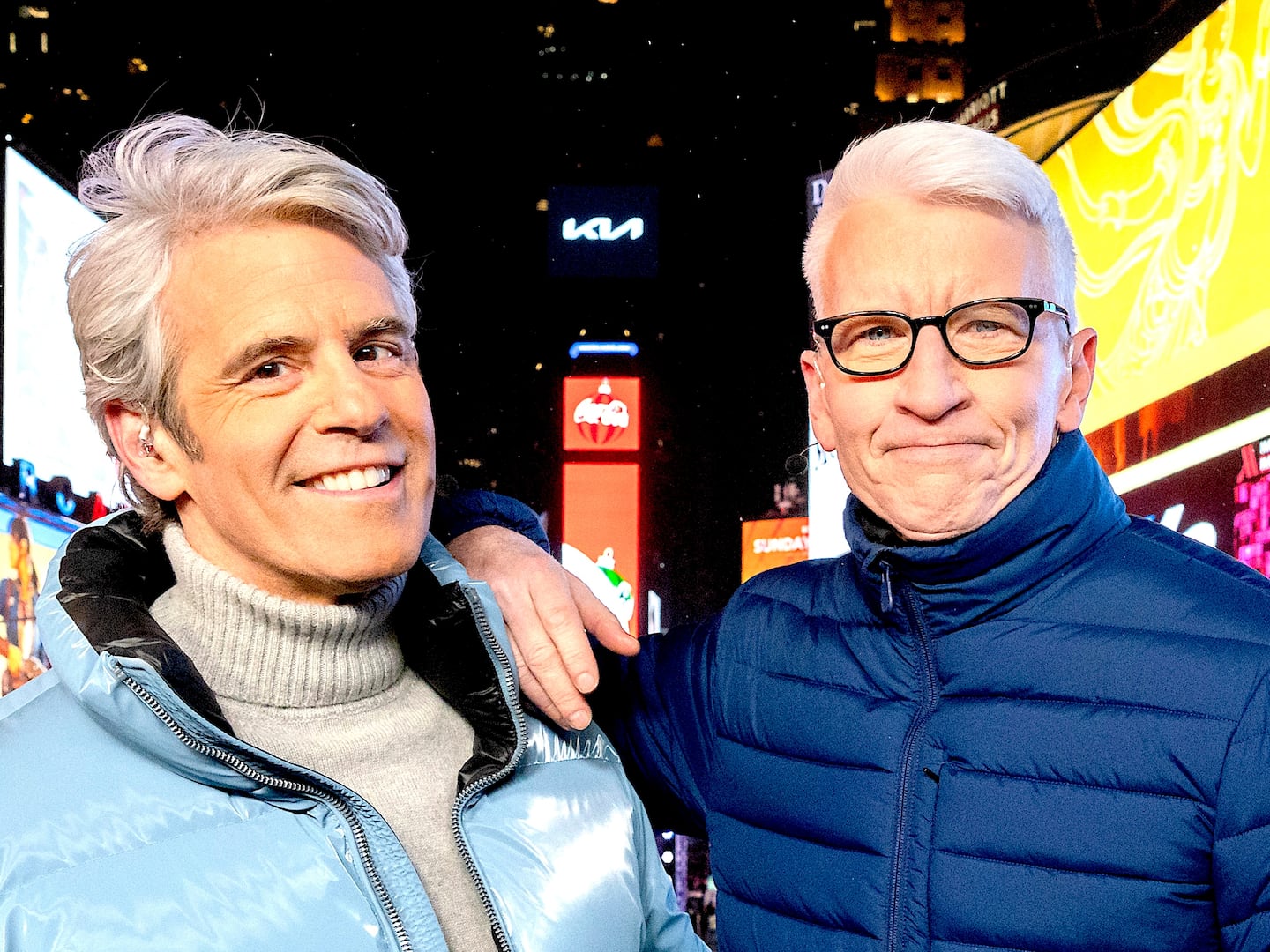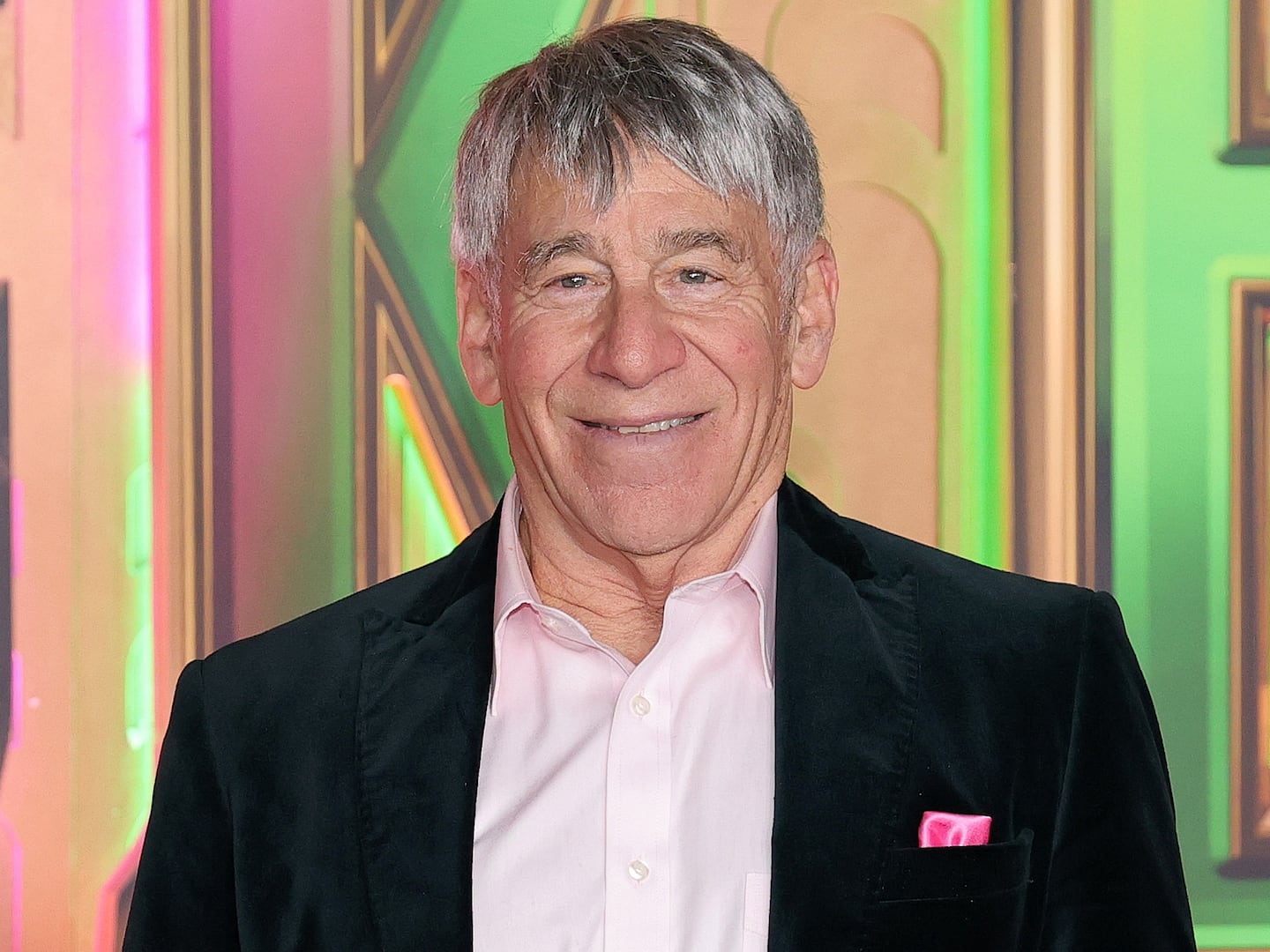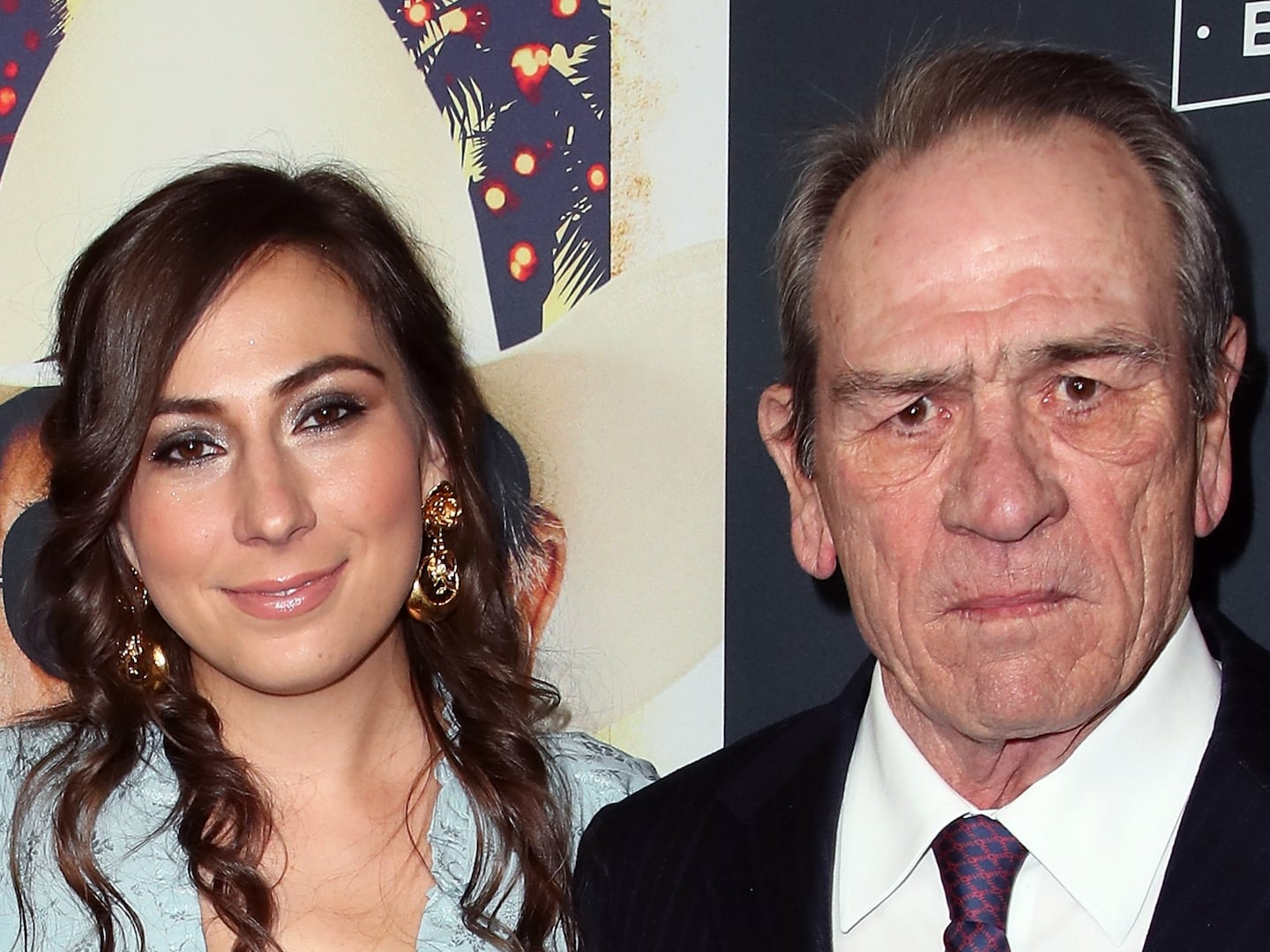One of the most hotly-anticipated titles at this year’s Venice Film Festival is TÁR, a dark drama that stars the great Cate Blanchett as Lydia Tár, a trailblazing female conductor and composer, and the first-ever female conductor of a major German orchestra.
The film, which premiered at the 2022 Venice Film Festival, marks director Todd Field’s first picture since 2006’s Little Children, and he penned it specifically for Blanchett.
“It wasn’t written with Cate Blanchett in mind—it was written for Cate Blanchett,” said Field at the film’s Venice press conference.
TÁR explores all facets of the conductor’s life, including her love affairs with two female musicians under her. It marks the second time of late, after 2015’s Carol, that Blanchett will be riding a wave of Oscar buzz for a layered portrait of a gay woman.
When The Daily Beast asked Blanchett at the press conference about the importance of breathing life into dynamic gay women onscreen at a time when LGBTQ rights are under attack, she launched into a lengthy explanation as to why.
“I think it’s important on a society level. Homogeneity in any art form is death,” she said. “But I’m very wary of butting up the word ‘importance’ with the word ‘art,’ because I don’t see that artistic practice is an educational too. I think what people do with it after the fact the thing—after ‘the thing,’ as Todd likes to call it—is made can be politicized, or disseminated, or discussed, or people can be disgusted with it, or offended by it, or inspired by it. But that is outside of our control.”
She continued: “It felt urgent, it felt undeniable. But strangely, I didn’t think about the character’s gender—or her sexuality—at all. And I think I love that about the film. It just is. It’s a very human portrait, and I think that we have perhaps matured enough as a species that we can watch a film like this and not make that the headline issue. It just is.”
Describing TÁR as “a fairy tale,” given that there’s still no female conductor leading any of the great German orchestras, she stressed, “I didn’t think of our film as being important. I thought of it as being undeniable and human.”
Blanchett then spoke about the cultural impact of Todd Haynes’ Carol, which is now regarded as one of the greatest LGBTQ films ever.
“Carol, when we made it, now I look back on it—no other films like that were being made, and Patricia Highsmith’s story was the first story where a woman who loved other women wasn’t redeemed by the love of a man or killed herself, so it’s a seminal piece of work in that and many other respects,” she explained. “But at the time Carol was made, I subsequently realized just how important it became to people. And at the time of making it, it was just something that we had to make, and so I’m not interested in agitprop. Whilst there’s a lot of hot-button topics that come up in [TÁR], it is not about any of those things. They’re plot devices.”






